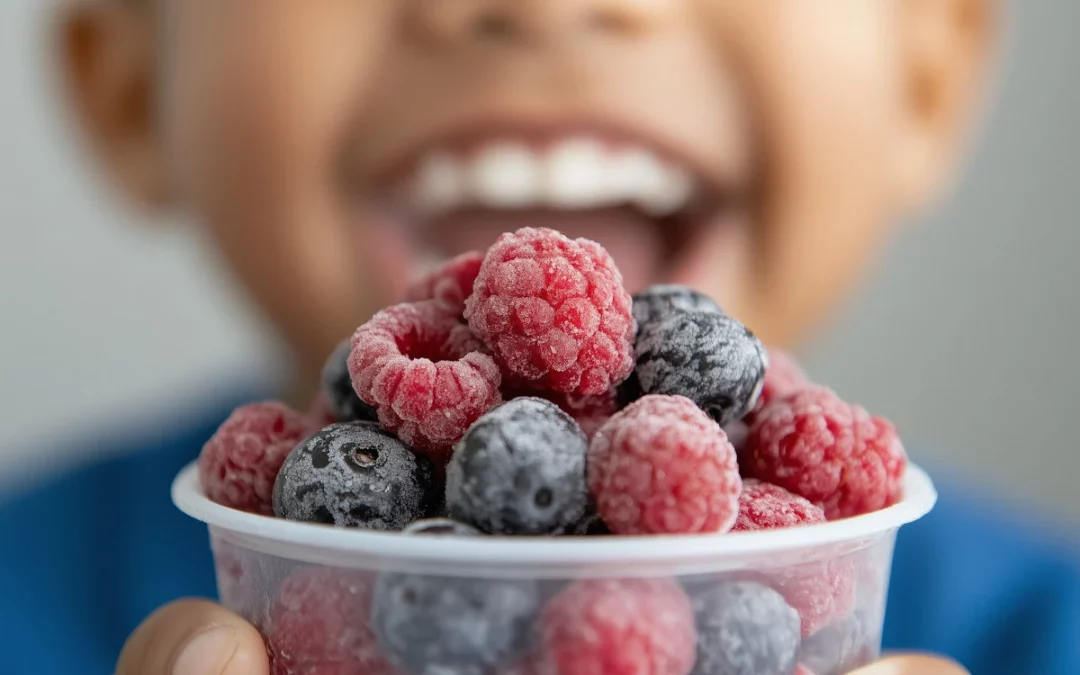Proper nutrition during childhood lays the foundation for lifelong health. Vitamins and minerals play a key role in physical growth, cognitive development, immune strength, and energy production. But with so much information out there, it can be overwhelming to know what your child really needs. In this article, we break down the most essential child growth vitamins and explain how to include them in your child’s daily routine naturally.
Why Vitamins Matter for Growing Kids
Children are in a constant state of development. Their bodies require specific nutrients to build strong bones, support brain function, and regulate immune responses. Vitamin deficiencies can lead to fatigue, delayed growth, mood changes, and weakened resistance to infections. Ensuring your child gets the right vitamins supports optimal physical and mental development.
Top Vitamins for Child Growth and Development
1. Vitamin D
Supports calcium absorption and bone growth. Many children are deficient due to lack of sun exposure.
- Sources: sunlight, fortified milk, salmon, egg yolks
2. Vitamin A
Essential for vision, immune function, and cell growth.
- Sources: carrots, sweet potatoes, leafy greens, liver
3. Vitamin C
Boosts immunity, aids in iron absorption, and supports skin and tissue health.
- Sources: oranges, strawberries, bell peppers, kiwi
4. B Vitamins (especially B12 and B6)
Support energy metabolism, brain development, and red blood cell formation.
- Sources: whole grains, meat, eggs, dairy, legumes
5. Iron
Crucial for oxygen transport and cognitive function. Low levels can impair learning and attention.
- Sources: red meat, lentils, spinach, fortified cereals
6. Calcium
Vital for strong bones and teeth, especially during periods of rapid growth.
- Sources: dairy products, tofu, broccoli, fortified plant-based milks
7. Zinc
Supports immune function, wound healing, and cellular growth.
- Sources: meat, seeds, legumes, dairy
Should Children Take Multivitamins?
If your child eats a varied, whole-foods-based diet, they may get most of their nutrients from food. However, picky eating, food allergies, or digestive issues may justify the use of a high-quality children’s multivitamin. Always choose age-appropriate, sugar-free options and consult your pediatrician.
Tips to Boost Nutrient Intake Naturally
- Offer colorful fruits and vegetables at every meal
- Include healthy fats to enhance absorption (e.g., olive oil, avocado)
- Make smoothies with hidden veggies and nutrient-rich add-ins
- Get kids involved in meal prep to spark interest in healthy foods
Final Thoughts
Supporting your child’s growth through proper nutrition doesn’t have to be complicated. By focusing on key child growth vitamins and offering a wide variety of whole foods, you can help your child thrive physically and mentally. When in doubt, consult your healthcare provider to personalize your child’s nutritional plan.


